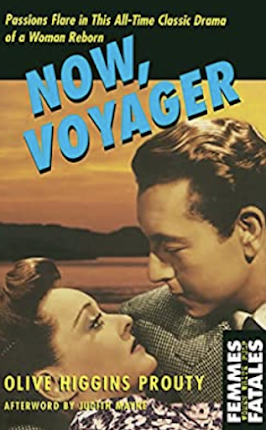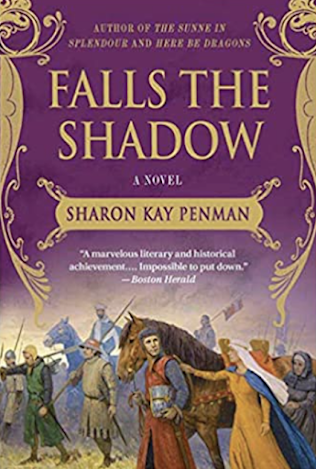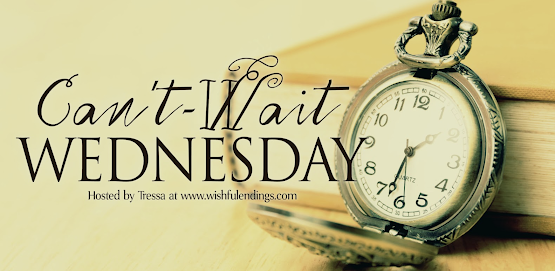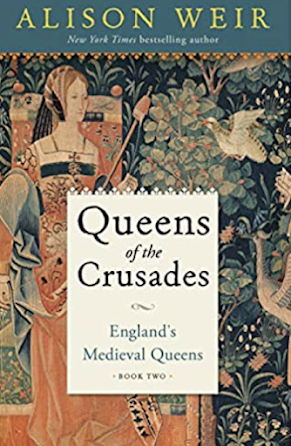Publication Date: 1988
Length: 592 pages
My Rating: ⭐⭐⭐☆☆
I originally was not going to write a review for this book until I'd written one for Here Be Dragons, book one of the Welsh princes trilogy. But I read that one two years ago and I've honestly forgotten a lot. So I decided to go ahead and finish this one, book two, and give my thoughts on it. Sharon Penman is one of my favorite authors and I always look forward to starting a new book of hers. While this one was not as engaging for me as I'd hoped it would be, it nevertheless is still a masterpiece of the time period she's covering.
I really felt like this story was two timelines in one. Simon de Montfort, Earl of Leicester and Llewellyn of Wales both take center stage, with de Montfort monopolizing most of the book. It is part of the Welsh princes trilogy but it felt more like Simon's tale. When it begins, he has gone to try to reclaim his inheritance from his cousin, the Earl of Chester, who has no heirs and was given the title by King John, who saw fit to disinherit de Montfort's family. This opening scene sets the stage for Simon's courage and boldness as he is taking a chance that he will be rebuffed and humiliated. He eventually achieves his goal along with the admiration of those who are surprised he is able to pull off such an unlikely feat.
He eventually weds, Eleanor, King Henry III's sister and develops the trust of the King. When Henry sides with other influential nobles against Simon, their relationship begins to sour. Throughout the first half of the book a lot of time is devoted to describing how these events came to be and why Simon and Henry begin to fall out with each other. Simon is charismatic and fearless, while Henry is portrayed as weak willed, heavily influenced by his mother and wife's relatives, and frustrated by what he sees as insubordination by Simon and Eleanor to his rightful place as the King. As tensions grow and Henry is forced to abide by the Provisions of Oxford, the document setting up accountability by the King to his barons, both men are pushed over the threshold into all out war.
Woven within the main storyline is also the relationship between Simon and Henry's sons. Prince Edward is the anti-thesis of his father, a born warrior with a restless nature. He spends time with Bran and Harry, Simon's sons, getting into a lot of mischief. Although Edward is not able to defeat Simon initially, losing to him at the Battle of Lewes in 1264, he eventually manages to escape and the two will meet later in the epic showdown at Evesham. In between, Simon essentially rules England for a year and sets the background for representative government, which is why he is still relevant in history books today.
As for Llewellyn the Last, grandson of Llewellyn the Great, several parts are devoted to his relationship with his brothers, especially Dafydd, and his victory in establishing, for a time, an alliance between himself and de Montfort. We see Llewellyn grow from a young boy into a ruler, harkening back to his grandfather whom he loved and admired while having a very difficult relationship with his father and mother. Unfortunately, his future remains insecure as things do not go as planned for his country when de Montfort is unable to fulfill his own plans for England. Without giving away the entire story, it is clear that neither man's path to victory is guaranteed. The ending is both compelling and heartbreaking.
I think the main reason this book became a bit of a slog to get through is that it was very dry. A lot of the relevance of de Montfort and his place in history is due to his involvement in the battles between the barons and the King and the balance of power between both. Without proper background knowledge and the intricacies of the legal documents involved with it all, one easily becomes lost and confused. I know I often did. There were times I spent looking up information online just to understand what was being discussed. I felt this way sometimes in Penman's book Time and Chance, which detailed King Henry II and Thomas Becket's squabbles but the difference was I somehow cared a lot more about the two men as people, not just their feud. With Falls the Shadow I just didn't feel as attached to Simon or this King Henry. There were also a huge number of people coming and going in the novel that just seemed to be irrelevant and made it confusing to keep track of everyone.
Penman is always a wonderful author so I can't say the book was not worth it, and certainly I came away with a good sense of the time. It is not easy to find historical fiction on the people featured here so that makes it worth the read. Hopefully the third novel, The Reckoning, will be more to my taste as it covers Wales and the final battle between Edward and Llewellyn. I plan on reading and reviewing it eventually but am taking a break from this trilogy for a bit.









